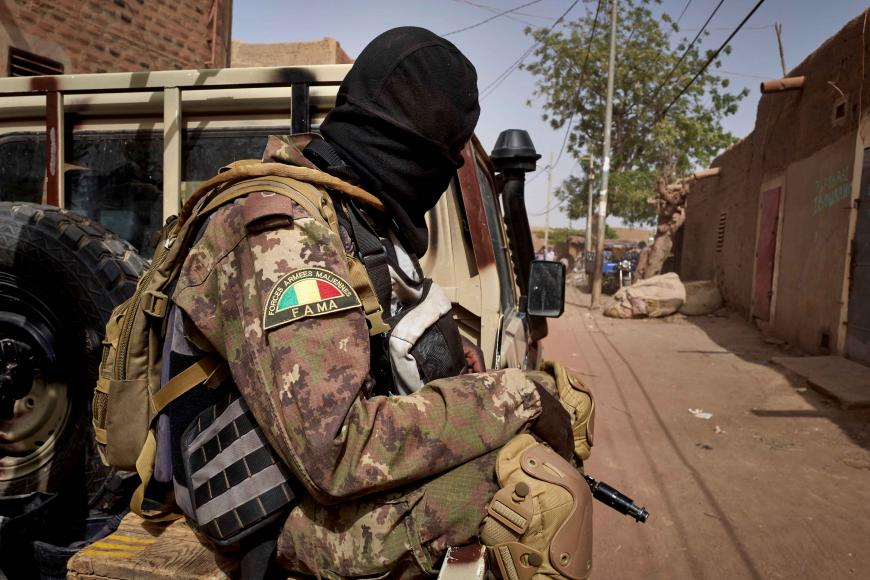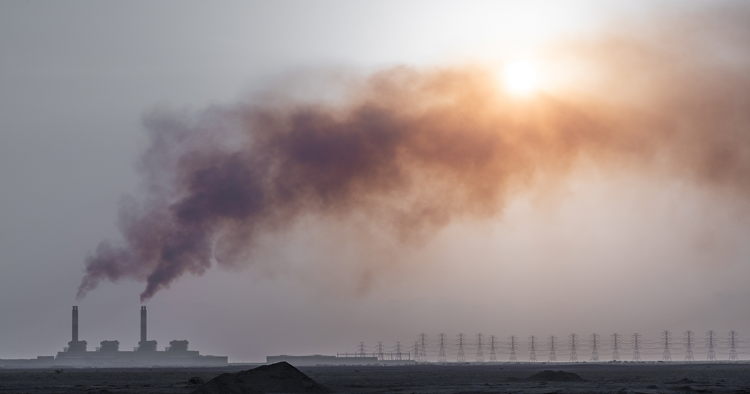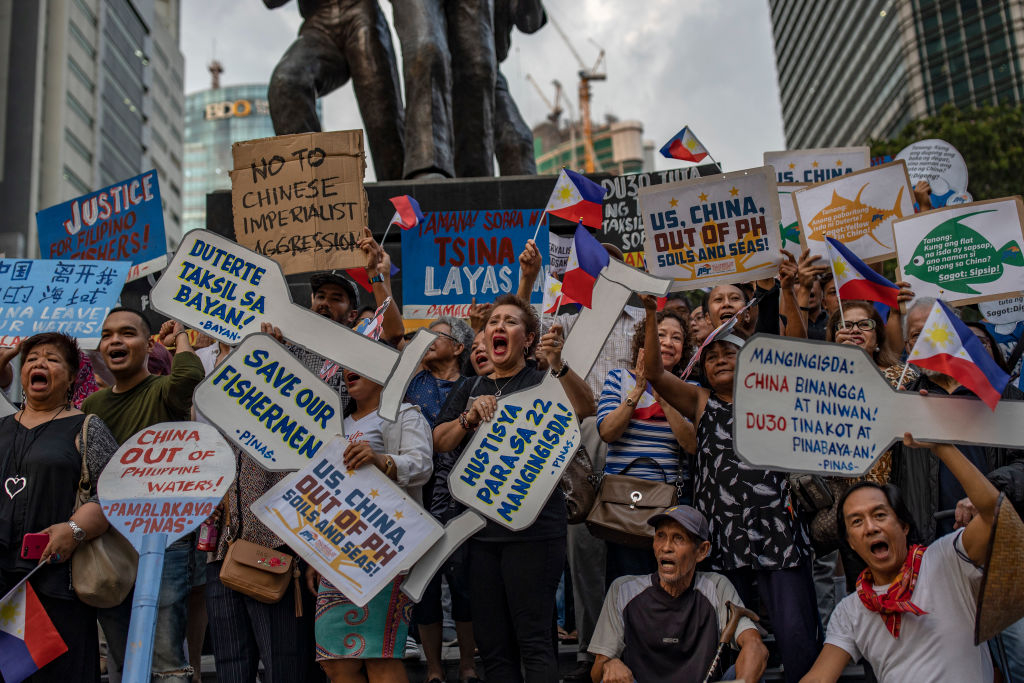The Afghan Taliban’s Goal Is To Establish A Sunni Islamic Theocratic State – They Do Not Believe In Power-Sharing With A Democratically Elected Government
Introduction
On April 14, 2021, the Islamic Emirate of Afghanistan (IEA, or the Afghan Taliban organization) announced that it would not participate in the Istanbul conference on the future of Afghanistan. The Istanbul conference, which was set to begin on April 24, is led primarily by the United States, with other partners being Turkey, Qatar, and the United Nations.[1]
Muhammad Naeem, the spokesman of the Islamic Emirate’s Political Office in Doha, tweeted: “Until all foreign forces completely withdraw from our homeland, the Islamic Emirate will not participate in any conference that shall make decisions about Afghanistan”; “The IEA performs its work with consultations [i.e., shura or the shari’a-based executive council] according to the guidance of the noble religion of Islam and then adopts the stance whatsoever is decided in the result of the consultation [shura].”[2]





